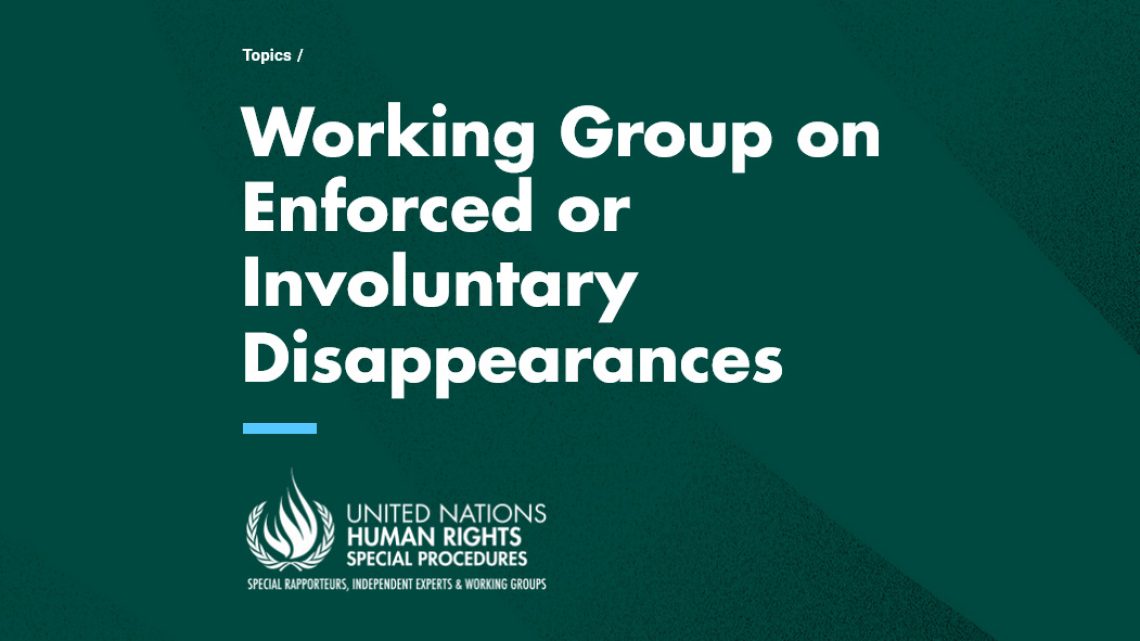
Systematic Oppression by Indian Forces in IIOJK: Pakistani Delegate in UN
October 23, 2024 Off By Sharp MediaPakistan has asserted its commitment to protecting citizens’ rights, condemning the systematic use of enforced disappearances by Indian authorities in Indian illegally occupied Jammu and Kashmir (IIOJK). This brutal tactic aims to silence the Kashmiri people’s voices.
During a recent session with the UN’s Working Group on Enforced or Involuntary Disappearances, Pakistani delegate Sarfraz Gohar made a strong statement. He highlighted the grim reality in conflict zones like IIOJK, particularly where foreign forces operate.
Gohar emphasized that enforced disappearances are not isolated incidents. Instead, they often lead to severe human rights violations, including torture and extrajudicial killings. The situation in IIOJK exemplifies this grim reality.
He pointed out that over 8,000 individuals have vanished without a trace, according to reputable human rights organizations. Since India’s illegal annexation of Kashmir on August 5, 2019, an additional 15,000 young men have disappeared, intensifying the climate of fear.
The existence of thousands of unmarked graves serves as a haunting reminder of this oppression. These graves remain unexamined by Indian authorities, further underscoring the culture of impunity in the region.
Gohar called for international oversight, urging the UN to ensure justice for families affected by these disappearances. Many of these families include “half-widows” who suffer in uncertainty about their loved ones’ fates.
In contrast, Pakistan claims it is dedicated to safeguarding its citizens’ rights. Gohar stated that arbitrary detention and enforced disappearance are not tolerated under Pakistan’s Constitution. The country is taking concrete steps to combat these issues.
Pakistan has established a National Commission of Inquiry on Enforced Disappearances. This body collaborates with victims’ families, providing legal support and striving for justice. Since its formation in 2011, the Commission has resolved over 70% of the cases it has handled.
Gohar also expressed appreciation for the UN Working Group’s cooperation, noting that many reported cases involve voluntary disappearances or legal preventive detentions. However, he stressed that all cases are treated with utmost seriousness, underscoring Pakistan’s commitment to human rights.
Gabriella Citroni, Chair-Rapporteur of the Working Group, shed light on the profound suffering caused by enforced disappearances. She noted that the term “victim” extends beyond the disappeared individuals to include their families, who endure unimaginable anguish.
Citroni highlighted that enforced disappearances continue to occur globally with alarming impunity. Despite international prohibitions, victims, human rights defenders, and supportive organizations face intimidation and reprisals.
Her annual report revealed 998 new cases reported across 37 states, with a notable rise in cases related to armed conflicts. The focus on accountability and oversight mechanisms is crucial in combating this ongoing crisis.
As the world watches, the situation in Indian illegally occupied Jammu and Kashmir remains dire. The need for international attention and action has never been more pressing.

